A workshop series for faculty from service academies, war colleges and command and staff schools focused on the ‘pressing challenge’ of climate change and how to incorporate that topic into war-fighting school curriculum.
(DOD Press Release) The rapidly changing national security landscape has presented a challenge for faculty throughout the Defense Department’s military education institutions: how to match the pace of change on the battlefield with curricula in the schoolhouse agile enough to maintain the United States’ warfighting edge.
A workshop series launched this month is offering a forum for faculty across the service academies, war colleges and command and staff schools to gain actionable information and materials to stay ahead of the curve.
The series was launched by the Office of the Assistant Secretary of Defense for Readiness and National Defense University.
“The whole point of this series is to ensure that the American way of war continues unimpeded, regardless of the operational environment that we’re going to be facing,” said Caroline Baxter, deputy assistant secretary of defense for force education and training, in kicking off the inaugural session.
Titled “Military Resilience in an Evolving Climate and Security Environment,” the first event featured a full day of panels and presentations focused on what defense officials have identified as among the most pressing challenges shaping nearly all facets of military planning and strategy.
“Climate change is amplifying operational demands on the force. It’s degrading installations and infrastructure and increasing health risks to our service members,” said Brendan Owens, assistant secretary of defense for energy, installations and environment and the Office of the Secretary of Defense’s chief sustainability officer.
“The bottom line is that climate change impacts our ability to do the mission,” he said.
U.S. national security leaders have long recognized the implications climate change will have on the operating environment.
In 2008, the National Intelligence Committee assessed that “global climate change will have wide-ranging implications for U.S. national security interests over the next 20 years.”
The assessment noted that climate change would impact the flow of trade and market access to critical raw materials, threatening global stability.
“We’re seeing all of the things that we knew were coming based on research that’s been out for a long time,” Owens said. “We’re living in the world that we predicted would be here today.”
Defense leaders have, more recently, worked to understand the threat and how the DOD must adapt to the new operating environment.
In 2021, Secretary of Defense Lloyd J. Austin III directed a full-scale climate risk analysis to understand the ways climate change is shaping the strategic, operational and tactical environments and directed military leaders to consider the “effects of climate change at every level of the DOD enterprise.”
In an address at the U.S. Military Academy at West Point, New York, earlier this month, Deputy Defense Secretary Kathleen Hicks underscored the imperative for future defense leaders to not only adapt to the new operating environment but also capitalize on the opportunities to create a more sustainable military.
Hicks said the cadets would have to grapple with climate change for decades to come.
“It is reshaping the geostrategic, operational and tactical environments with profound implications for U.S. defense policy,” she said. “But with every challenge we face, comes an opportunity. And in the case of climate change, we have a twofold opportunity: to make our military more sustainable and create an operational advantage for our warfighters. Because, as it turns out, what’s good for the environment also benefits our military.”
Building that next generation of military leaders capable of both adapting to the evolving environment and maintaining operational advantage depends on the DOD’s ability to develop critical knowledge, skills and capabilities.
“We’re tackling this as a military resilience question,” Baxter said. “This is not climate change for climate change’s sake. The American way of war is complicated. It is getting more complicated for a myriad of reasons, one of which is that a changing climate is making nearly every aspect of our mission — from strategic issues like maintaining our readiness under any condition to tactical issues like projecting power during extreme weather events — more difficult.”
“That is just the math and physics of it,” she said. “Understanding the risks associated with a changing climate is foundational for those [who] hope to lead people in the future. They need to know why that job is going to be harder.”
Military educators are a critical part of preparing military leaders to adapt and respond to climate change.
SHAWN G. SKELLY, Assistant Secretary of Defense for Readiness, is DOD’s highest ranking transgender official. He served 20 years in the Navy, retiring as a Commander.
In a memo last month, Shawn G. Skelly, performing the duties of the deputy undersecretary of defense for personnel and readiness, directed military education institutions to make certain their programs include learning outcomes that ensure military personnel “have a commensurate understanding of climate change as a force shaping the strategic threat environment.”
Baxter said the goal is for these institutions to equip military leaders with the information and tools necessary to make “climate-informed decisions.”
“Climate change and the knowledge of why it matters for our national defense…need to be wrapped into the curricula and integrated with other emerging and enduring warfighting topics,” she said.
She added that the instruction should be suited to the learning environment and meet the service members where they are in their careers, explaining that the goal is to make climate change knowledge relevant and applicable to any military career.
The learning objectives are meant to provide military education institutions with guidance to accelerate, amplify and harmonize their efforts to build climate literacy. Baxter also underscored that there is no tradeoff between teaching service members about this issue and instructing them on other core knowledge areas.
Baxter and her team designed the workshop to help educators throughout the DOD collaborate and access the resources necessary to prepare military leaders to adapt and thrive in the changing operating environment.
Throughout the day, attendees were allowed to engage with those managing the impact of climate change on the front lines day in and day out.
The intent behind the exchanges, Baxter said, is for the educators to hear in concrete terms how the combatant commands, services and policy offices are adapting to climate change as they shape their curricula.
The planners behind the quarterly workshop series aren’t stopping with climate resilience.
Baxter said her team will be applying the same approach to a variety of emerging issues impacting the warfighter.
The next workshop, still in the planning stages, is intended to take place in February and focus on disruptive technologies like artificial intelligence, Baxter said.
“There is a deep appreciation for the speed with which technology evolves,” she said. “We need to make sure that the military education institutions have what they need from a content perspective to quickly and effectively communicate related risks and mitigation strategies to service members and maximize their classroom learning.”

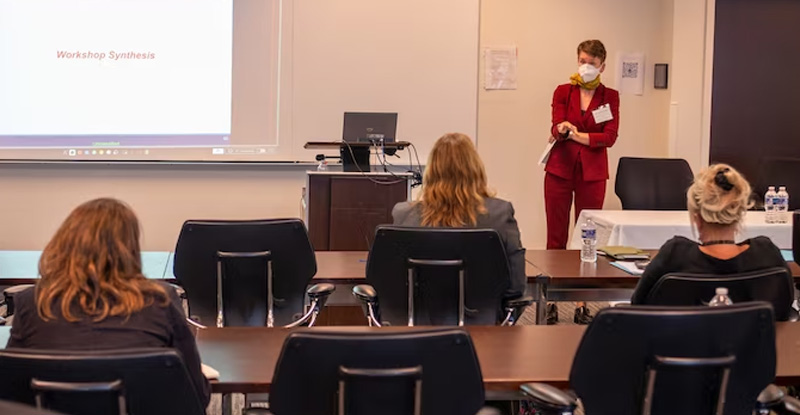
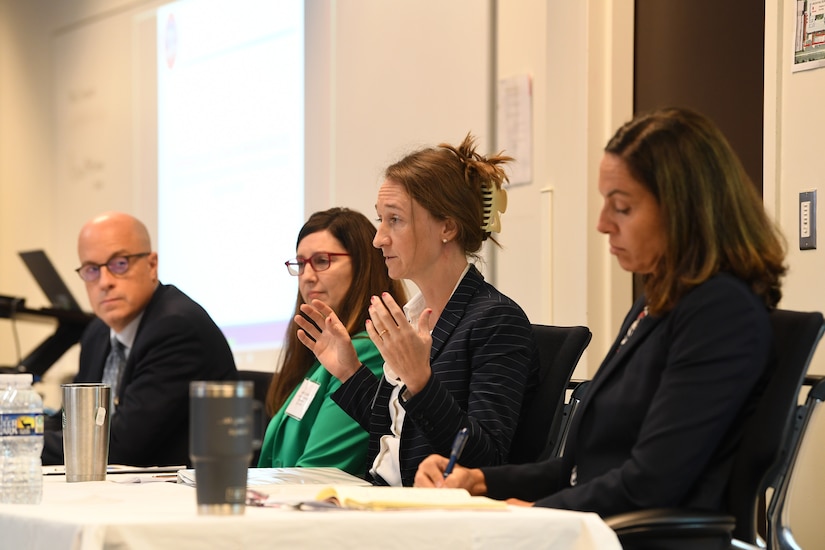
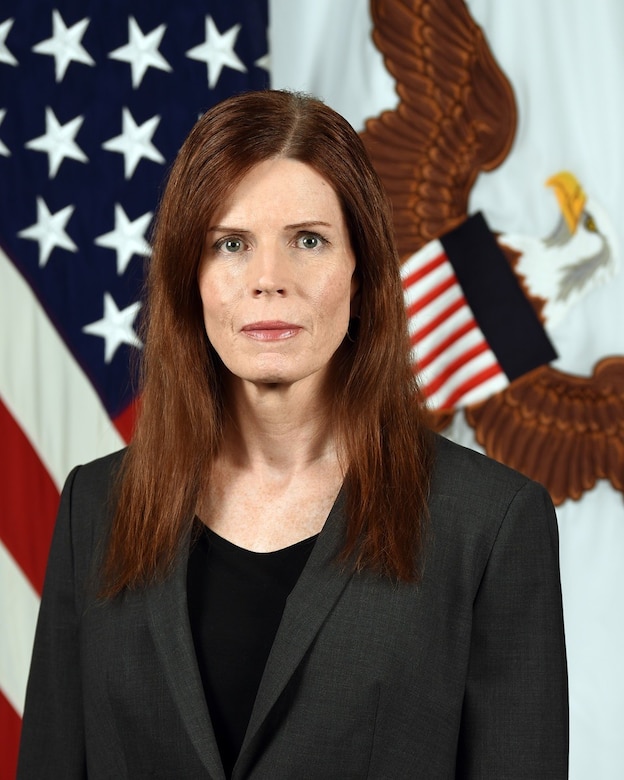
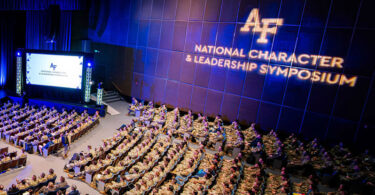
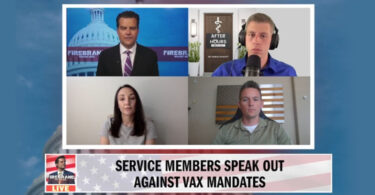
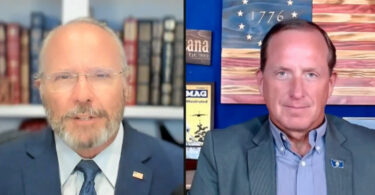
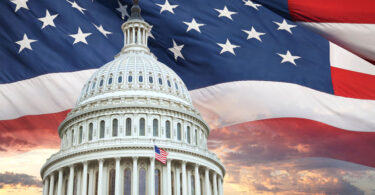


Leave a Comment